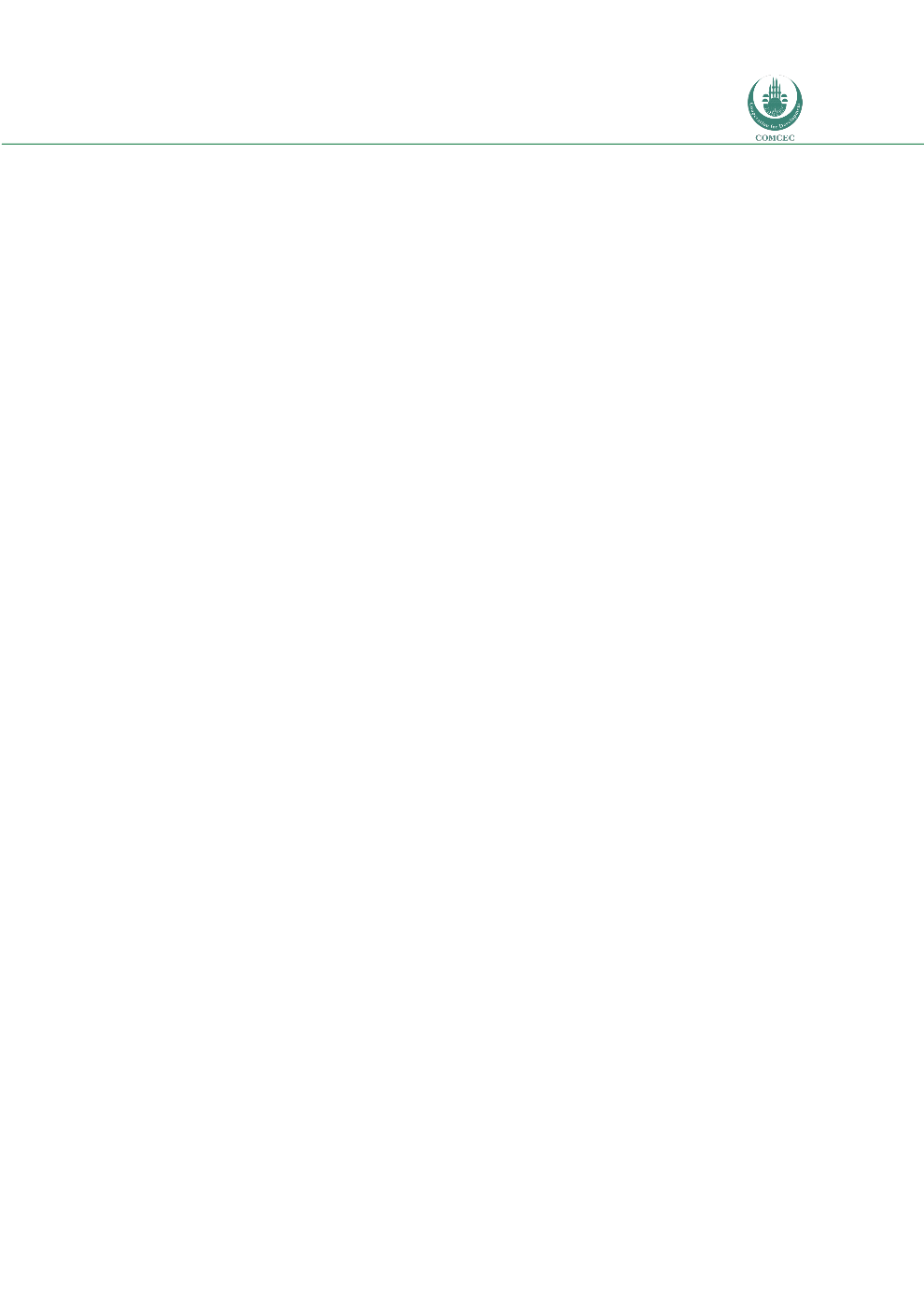

Risk Management in
Islamic Financial Instruments
175
If the judgment were to be enforced in Qatar, under current Qatari law, due to the lack of
reciprocity of enforcement of judgments between Qatar and England, the Qatari courts would
be unlikely to enforce such judgment without re-examining the merits of the claim and may
not observe the choice by the parties of English law as the governing law of such Transaction
Documents. In addition, even if English law is accepted as the governing law, this will only be
applied to the extent that it is compatible with mandatory provisions of Qatari law and public
policy and morals in Qatar. This may mean that the Qatari courts may seek to interpret English
law governed documents in accordance with Qatari law principles and there can, therefore, be
no certainty that in those circumstances the Qatari courts would give effect to such documents
in the same manner as the parties may intend (Qatar Islamic Bank, 2010: 15).
This has led to problems of uncertainty of some jurisdictions, which amounts to a legal risk in
the transaction. As will be seen in the recommendations of this study, a different view is
presented, because most of these so called jurisdictions with uncertain legal frameworks could
effectively utilize binding arbitration, where experts constitute the arbitral tribunal for the
resolution of the securities disputes.
A.4.3 Sharī'ah as the Exclusive Governing Law
Despite the prevailing practices in the global sukuk market, there are still some jurisdictions
that insist on the stipulation of Sharī'ah-compliant dispute resolution processes and that the
governing law shall be the Sharī'ah. Though this is a new approach to the drafting of sukuk
prospectus, it represents the proper style. Among the 10 sukuk transactions reviewed in this
study, it is only the Saudi Electricity Company Sukuk Prospectus (SE Sukuk) that provides for
mandatory application of Sharī'ah as well as the Laws of the Kingdom of Saudi Arabia, which
by virtue of Article 1 of its Constitution is an Islamic state governed by the Sharī'ah.
According to the SE Sukuk, the Sukuk documents are to be construed in accordance with the
laws and regulations of Saudi Arabia. Apart from this governing law, the jurisdiction that can
hear and determine any matter arising from the transaction lies with the Committee for the
Resolution of Securities Disputes (CRSD) and the Appeal Panel. The CRSD and its Appeal Panel
has exclusive jurisdiction to hear any suit, action or proceedings arising from the sukuk
transaction. This ousts the jurisdiction of foreign courts in any claim or action relating to the
transaction. In the SE Sukuk, it is clarified:
Prospective Sukukholders should note that to the best of SEC’s knowledge, no securities of a
similar nature to the Sukuk have previously been the subject of adjudicatory interpretation or
enforcement in the Kingdom of Saudi Arabia. Accordingly, it is uncertain exactly how and to
what extent the Sukuk, the Conditions and/or the Sukuk Documents (as defined below) would
be enforced by a Saudi Arabian court or the Committee for the Resolution of Securities
Disputes, the Appeal Panel, or any other Saudi Arabian adjudicatory authority (Saudi
Electricity Company, 2010: 9).
It is clear from the foregoing provision in the Prospectus that the SE Sukuk, in the event of any
claim, action or suit, will be the litmus test for the certainty of the proceedings and
enforceability of the award of the panel in Saudi Arabia. This is expected to serve as a model

















